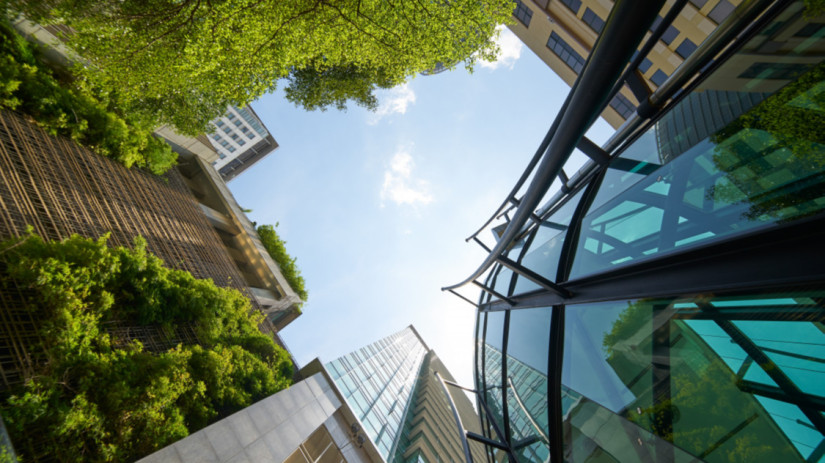Research results show that implementing digital building and energy management solutions developed by Schneider Electric in existing office buildings could reduce their operational carbon emissions by up to 42%, with a payback period of less than three years. If fossil fuel heating technologies are replaced with electric alternatives and a local renewable energy microgrid is installed, all-electric, all-digital buildings will see an additional 28% reduction in operational carbon emissions, resulting in a total reduction of up to 70%.
The research, conducted with global design firm WSP, is based on modeling the energy performance and carbon emissions of large office buildings built in the early 2000s in various climate zones in the U.S. This digital approach to building renovations is, however, applicable to all types of buildings and climates and is, therefore, the most effective decarbonization strategy for buildings, delivering rapid results with a lower 'initial carbon'.
"Renovation through the implementation of digital technologies is not only less disruptive to day-to-day operations but also more efficient from a life cycle perspective. Delays in decarbonizing buildings could also result in stranded assets that lose value and are unattractive to both investors and tenants. Moreover, recent research from the Boston University Institute for Global Sustainability and the Schneider Electric Sustainability Research Institute estimates that there is considerable potential to create new jobs through the transition to low-carbon buildings," the company says.
Schneider Electric is a leader in decarbonization. Its connected products, software, and sustainability services help increase operational efficiency, eliminate energy waste, and deliver carbon reduction strategies in buildings, factories, data centers, infrastructure, and homes. Schneider Electric's research and decarbonization scenarios provide immediate and practical solutions to help organizations navigate the complexities of the energy transition.












